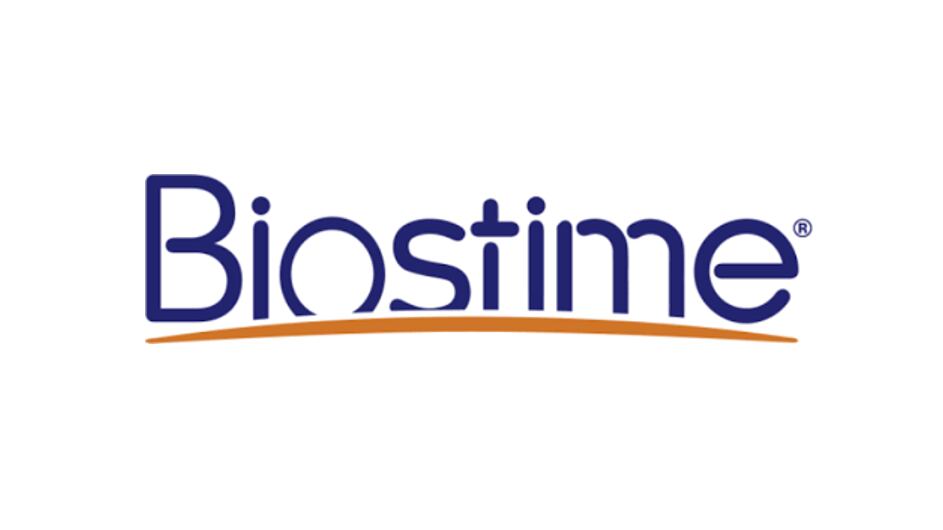NutraIngredients Omega-3 Summit: Global EPA and DHA intake levels reveal why action is needed
More than 80% of the world is failing to meet even the lowest recommended intakes of DHA and EPA, revealing why bringing together industry, academics and policymakers at our first NutraIngredients Omega-3 Summit in Singapore is sorely needed.
In a recent paper, The Most Hidden of All the Hidden Hungers: The Global Deficiency in DHA and EPA and What to Do About It, Jack Winkler, Emeritus Professor of Nutrition Policy at London Metropolitan University, details the scale of the challenge.
He notes that there are around 165 targets across the globe for EPA and DHA intake.
"Among the recommendations for whole populations, there is a bunching around a middle figure of 500mg/day, and the lowest target set by mainstream organisations is 250 mg/day."
Want a marriage licence? Attend pro-breastfeeding seminars first, say Filipino authorities
It will soon be mandatory for couples registering for marriage in the Philippines to attend seminars on breastfeeding and infant nutrition before they can obtain their licences.
This is the latest in the government's efforts to encourage breastfeeding in the country, this time focusing on couples applying for marriage licences.
This will take effect as soon as the proposed Senate Bill No. 2051 — the Family Support for Breastfeeding Act — becomes law, and couples who have registered to wed must go through educational sessions on breastfeeding and infant nutrition, conducted by their respective city or municipal health officers.
Under the act, the Office of Family Planning in each city and municipality will be mandated to provide instructions and information on family planning, responsible parenthood, breastfeeding and infant nutrition.
China cross-border e-commerce: Industry welcomes 'stability' but daigou set to bear brunt of tougher rules
Industry experts have welcomed Chinese president Xi Jinping's intention to increase China's foreign investment opportunities, advance cross-border e-commerce (CBEC) development, further slash import tariffs, and simplify customs protocols for foreign goods.
The announcement was made on November 5 in Shanghai during Xi's keynote address at the opening ceremony of the China International Import Expo (CIIE), purportedly the world's first import-themed expo.
Amid a trade war with the US, this latest move is seen as a message from China to the rest of the world that its economy remains strong and stable, despite its economic growth having slowed down to 6.5% in Q3 this year — its lowest level since the global financial crisis of 2007 to 2009.
New year, new rules: Mandatory fortification for milk and edible oils in Kerala effective January 2019
The FSSAI is going ahead with mandatory fortification of edible oils in Kerala, despite recent strong objections from industry in India.
Under the regulatory body's latest move, milk will also be fortified in the Indian state; these new regulations will take effect on January 1, 2019.
According to the FSSAI, mandatory fortification of milk and edible oils is necessary to combat micronutrient deficiencies, especially in vitamins A and D, across all age groups.
In order to drum up support for and spread awareness of this new rule, the FSSAI and the Geneva-based individual non-profit, Global Alliance for Improved Nutrition (GAIN), recently conducted a workshop on fortification.
Rejoicing in restriction: Industry welcomes stricter rules for infant formula marketing
New Zealand's Commerce Commission has granted the Infant Nutrition Council (INC) authorisation to extend advertising and marketing restrictions to include infant formula products for children up to one year of age.
The extension will last for a period of five years, and the restrictions include the advertising of infant formula for children up to a year old, and the distribution of free samples to pregnant women, as well as mothers, other family members, and caregivers of infants
The Commerce Commission will publish the reasons behind its decision on its website at a later date.
In September, the INC applied to the Commerce Commission to have the restrictions in the former's Code of Practice extended in order to ban the advertising and marketing of infant formula products to parents of children aged one and younger; the previous restrictions had covered only infant formula for children aged six months and younger.




